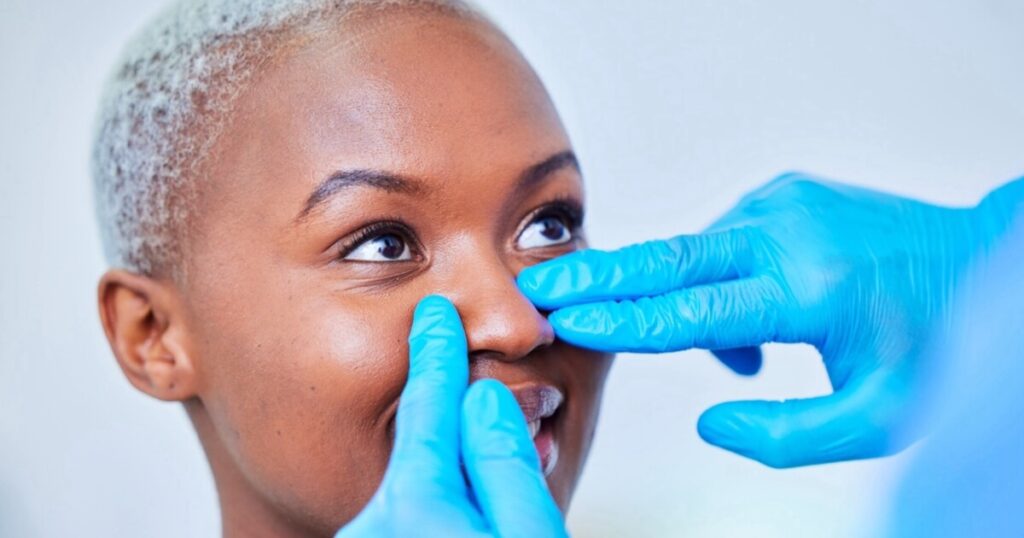- The Nose Knows: Unusual Facts About Rhinoplasty You Haven’t Heard Yet - March 25, 2024
- Are You a Candidate for Rhinoplasty? Insights from Istanbul - March 15, 2024
- Ethnic Rhinoplasty: Embracing Diversity in Istanbul - March 15, 2024
Ethnic rhinoplasty is a specialized form of rhinoplasty that takes into account the unique facial features and skin types of individuals from diverse racial and ethnic backgrounds. Unlike traditional rhinoplasty, which may primarily focus on a “one-size-fits-all” approach, ethnic rhinoplasty aims to enhance the nose’s appearance while preserving and respecting the patient’s ethnic identity. Istanbul, Turkey, has emerged as a leading destination for those seeking ethnic rhinoplasty, offering a blend of world-class surgical expertise and a deep understanding of the nuances required to achieve natural, culturally congruent results.
The Importance of Ethnic Considerations
Ethnic rhinoplasty is not just about altering the shape or size of the nose; it’s about understanding the broader context of the individual’s racial and ethnic heritage. This procedure considers the patient’s skin thickness, nasal structure, facial proportions, and cultural perceptions of beauty. The goal is to achieve a harmonious balance that enhances the patient’s features without erasing their ethnic characteristics.

Why Choose Istanbul for Your Ethnic Rhinoplasty?
Expertise in Diverse Beauty Standards
Surgeons in Istanbul are renowned for their comprehensive understanding of various beauty ideals and possess the skills to tailor the rhinoplasty procedure to meet the specific needs of individuals from diverse backgrounds. Their experience with a global clientele ensures that they can provide results that respect and enhance ethnic features.
Advanced Techniques and Technologies
Istanbul’s medical facilities are equipped with the latest technologies and follow the most advanced surgical techniques. Surgeons in Turkey are adept at employing methods that minimize scarring and recovery time while maximizing the aesthetic outcome.
Cultural Sensitivity
Undergoing cosmetic surgery in a foreign country can be daunting. However, Istanbul offers a welcoming environment where cultural sensitivity and patient comfort are paramount. The city’s rich history as a melting pot of cultures translates into a medical community that is both respectful and inclusive.
What to Expect During Your Ethnic Rhinoplasty Journey
Consultation: A detailed consultation is the first step, where your surgeon will discuss your aesthetic goals, evaluate your facial structure, and propose a customized plan that aligns with your ethnic background and personal preferences.
Procedure: Ethnic rhinoplasty may involve reshaping the nasal bones, altering the cartilage, and adjusting the skin envelope. Techniques are carefully chosen to address specific concerns while maintaining ethnic integrity.
Recovery: Recovery times vary, but patients can typically expect to return to daily activities within a week or two, with full results becoming apparent once the swelling subsides completely.
Ethnic rhinoplasty in Istanbul offers individuals the opportunity to refine their nasal features in a way that respects their cultural heritage and enhances their natural beauty. The city’s surgeons are at the forefront of combining technical skill with an artistic eye for diverse beauty standards, ensuring outcomes that patients can cherish. Whether you’re seeking subtle changes or more significant alterations, ethnic rhinoplasty in Turkey can provide a personalized approach to meet your unique needs and aspirations. With careful planning and expert care, you can embark on a transformative journey that celebrates your identity and brings you closer to your ideal self.

Choosing Istanbul for your ethnic rhinoplasty not only means accessing top-tier medical expertise but also experiencing the warmth and hospitality Turkey is known for. The decision to undergo such a personalized procedure underscores the importance of selecting a destination that values diversity as much as you do. Istanbul’s unique position at the crossroads of East and West has endowed its medical professionals with a profound understanding of varying beauty ideals, ensuring that your journey to self-enhancement is both understood and respected. This city, steeped in history and culture, offers a backdrop that enriches the transformational journey of ethnic rhinoplasty, making it more than just a medical procedure but a holistic experience that honors your heritage while embracing the future.



